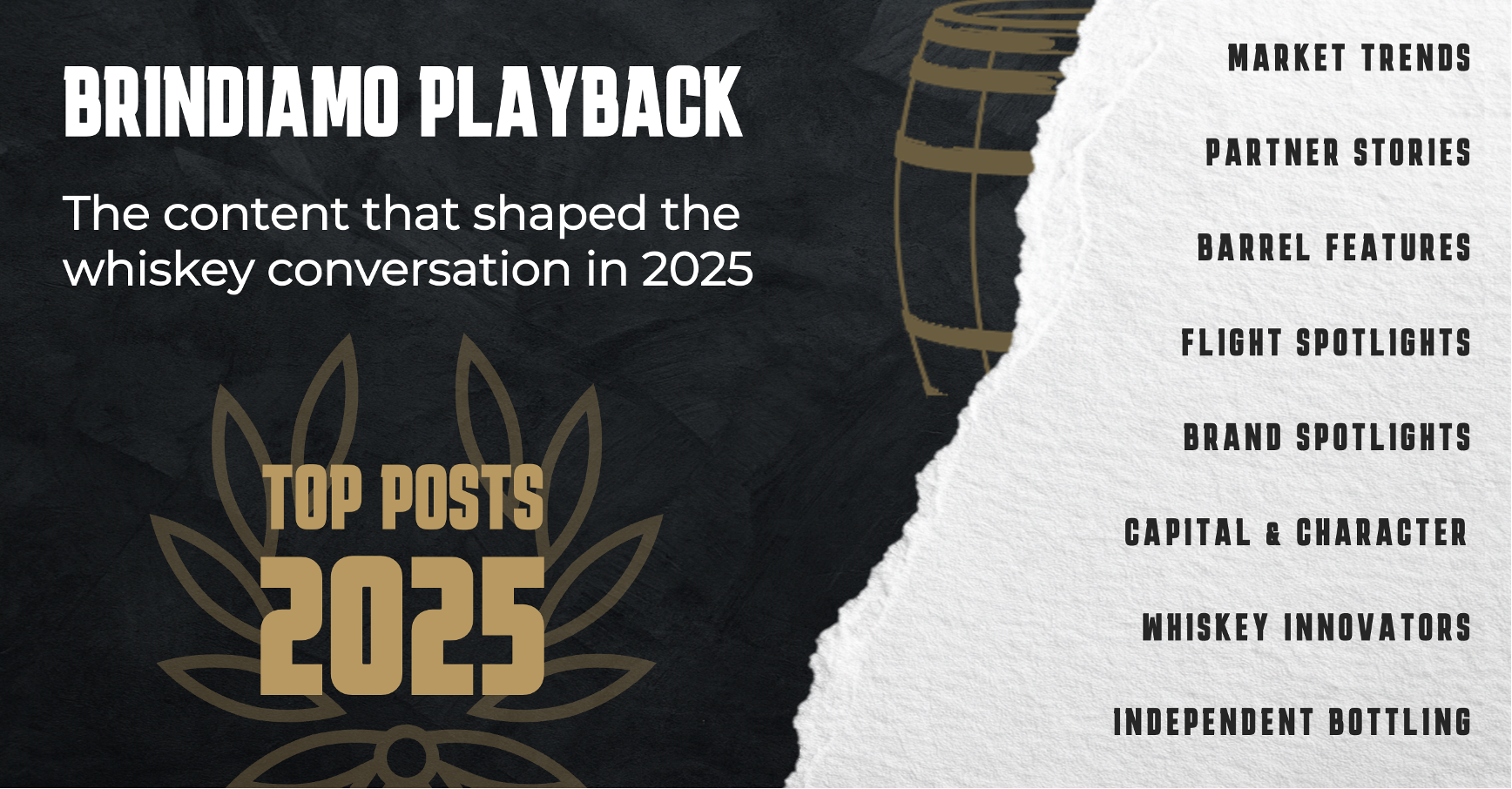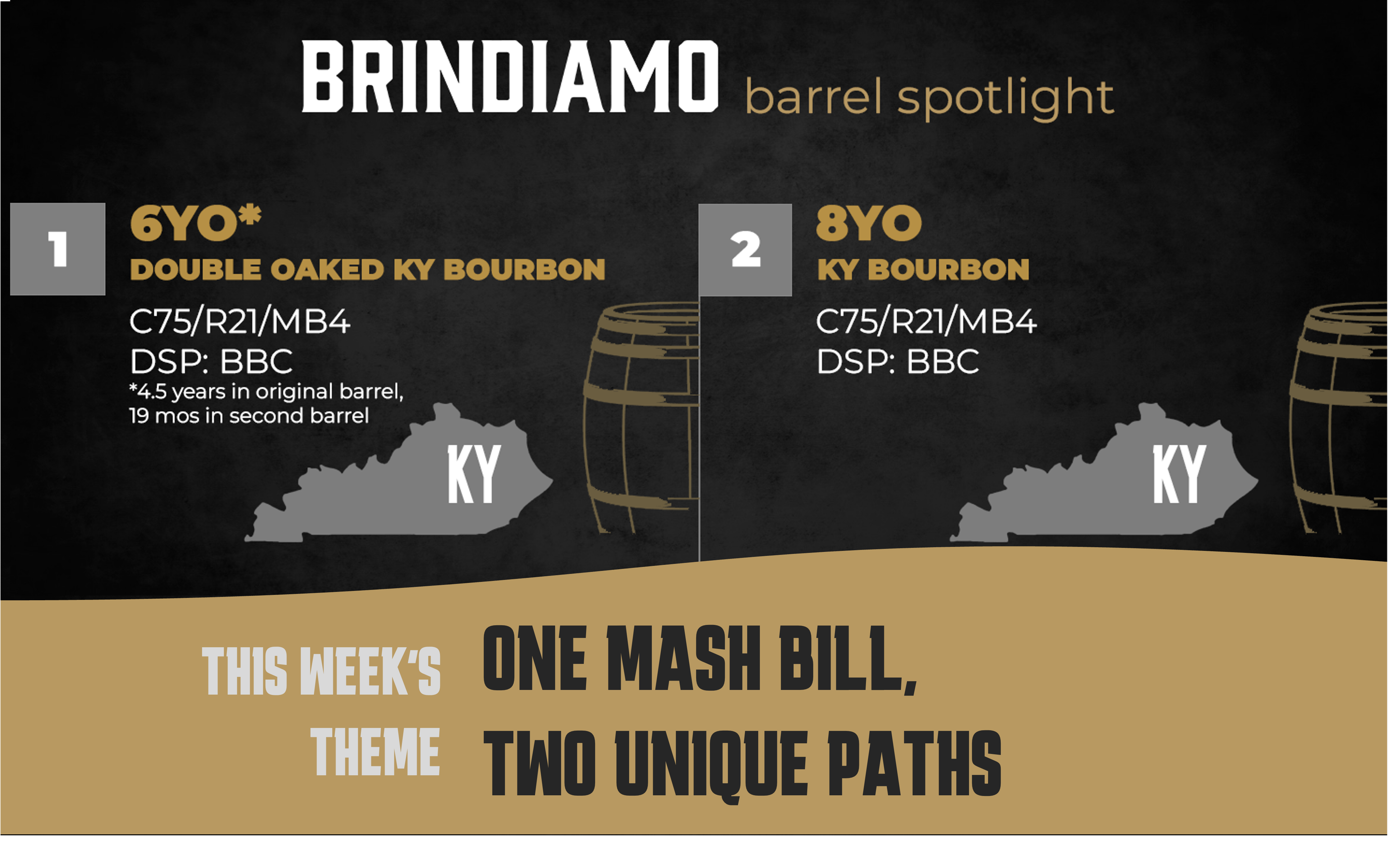The Quiet Squeeze on 8‑Year‑Plus Whiskey
Why mature liquid remains scarce even as younger barrels soften — and what it means for buyers For the last two years, the dominant narrative in bulk...
2 min read
 Matt Breese
:
Mar 2, 2025 6:29:33 PM
Matt Breese
:
Mar 2, 2025 6:29:33 PM
.png)
The whiskey industry is at an interesting crossroads. While the post-COVID whiskey boom has slowed, there are still several tailwinds creating real opportunity for new brands. For one, the number of new COLAs (Certificates of Label Approval) being approved continues to climb, meaning we’re still seeing a steady influx of whiskey brands entering the market. (Check out the latest January Roundup from Spirits Research for a deeper dive.)
On top of that, there’s unprecedented access to high-quality, aged barrels at prices we could have only dreamed of during the peak of the boom. Rare, ready-to-bottle liquid is more accessible than ever — presenting a unique window for entrepreneurs who are ready to move fast and smart.
Whether you’re a whiskey enthusiast looking to build your own brand or an entrepreneur exploring the category, launching a successful whiskey brand takes more than just passion. It requires careful planning, navigating regulatory requirements, and leveraging industry relationships to source liquid, packaging, and distribution. In this guide, we’ll break down the essential steps to help you turn your whiskey vision into reality.
A successful whiskey brand starts with a clear identity. Consider:
Your vision will guide everything from branding and marketing to production and distribution.
Owning a distillery isn’t the only way to launch a brand. Many successful whiskey brands use contract distilling, working with established distilleries to produce their spirits. This allows you to focus on brand building while leveraging industry expertise.
The whiskey business is highly regulated. Key steps include:
Quality is everything. Whether you’re blending existing stock or crafting a new mash bill, consider:
Standing out in the crowded whiskey market requires strong branding. This includes:
Getting your whiskey to consumers requires a well-planned distribution approach. Consider:
A strong marketing strategy is essential for success. Key tactics include:
Whiskey production requires significant investment. Potential funding sources include:
Success in whiskey isn’t just about the product—it’s about connections. Developing relationships with cooperages, distributors, and retailers is key to long-term growth.
At Brindiamo, we specialize in helping entrepreneurs build successful whiskey brands. Our extensive industry network connects you with trusted distilleries, cooperages, distributors, and investors. Whether you need guidance on sourcing, compliance, branding, or marketing, we provide the expertise to navigate the complexities of the spirits industry.
If you’re ready to turn your whiskey vision into reality, contact Brindiamo today.

Why mature liquid remains scarce even as younger barrels soften — and what it means for buyers For the last two years, the dominant narrative in bulk...

As we reflect on 2025, we wanted to take a moment to look back with you. This past year, our team published across more mastheads than ever before —...

Welcome back to the Brindiamo Barrel Spotlight, our weekly email series highlighting the barrels, distilleries, and market dynamics shaping today’s...
-min.png)
Launching an alcohol brand is an exciting and rewarding journey. However, it can also be an intricate and complex process, particularly when it comes...

Bourbon, America’s native spirit, has seen an incredible surge in popularity over the last decade. The market for premium, small-batch, and craft...
.png)
The world of alcohol startups is vibrant and dynamic, characterized by innovation, creativity, and passion. Whether developing artisanal spirits or...
Join the conversation
Leave a comment below.